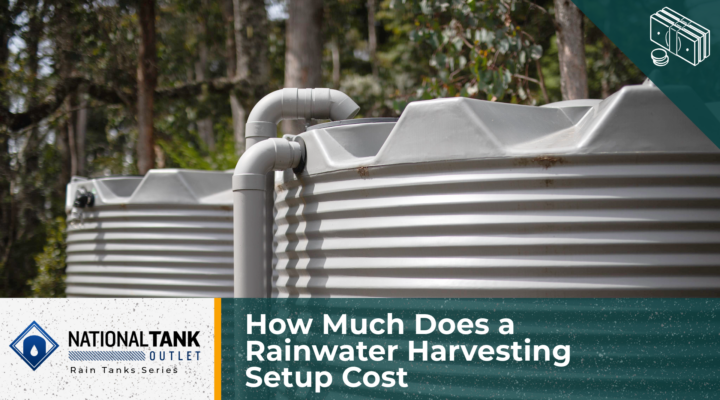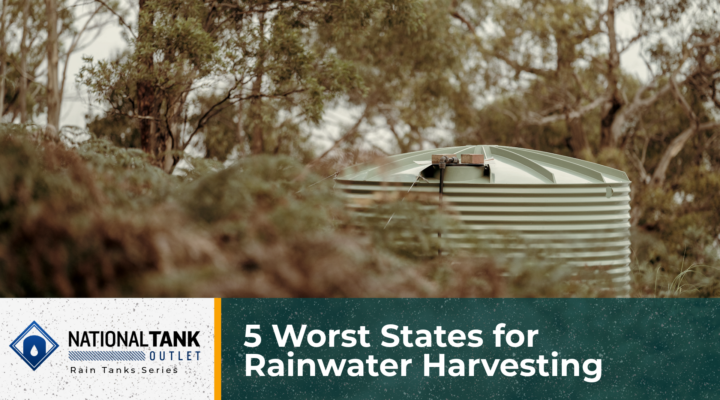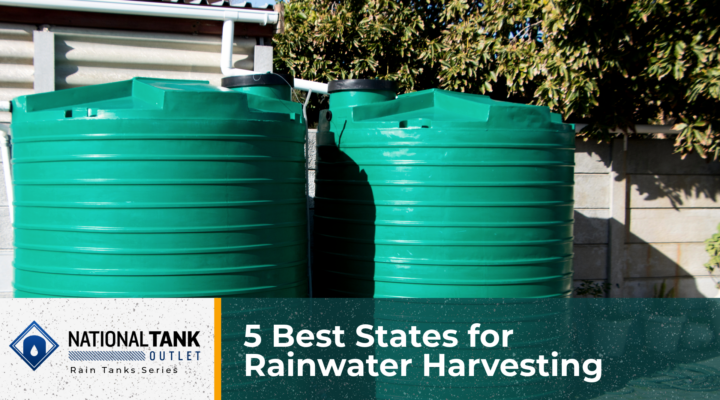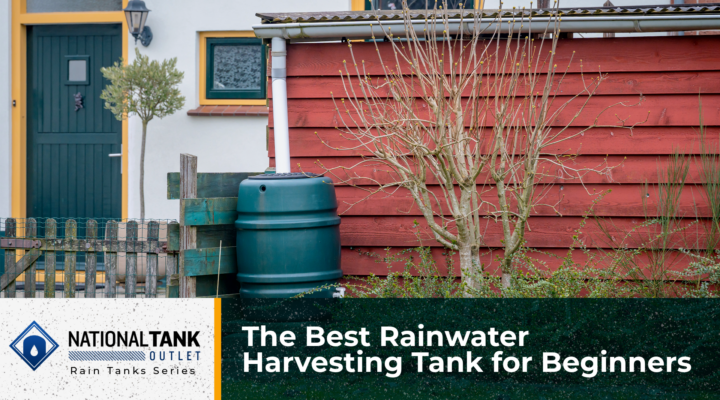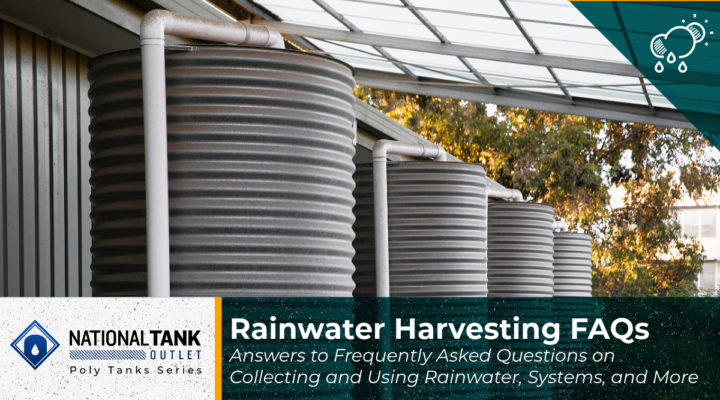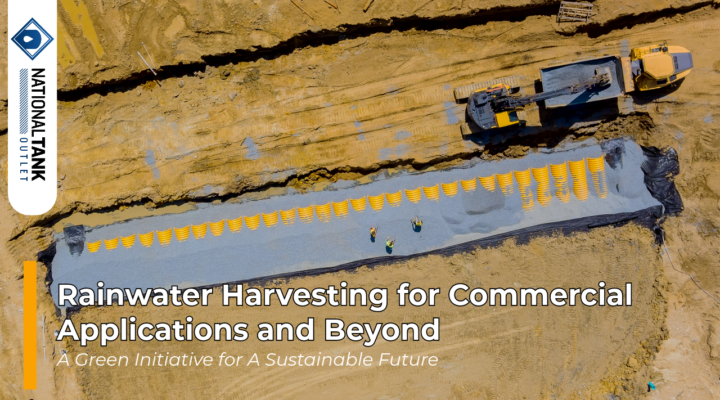The growing need for sustainable living has made rainwater harvesting more important than ever. With water resources under strain and cost of living always on the rise, many homeowners, landscapers, and even farmers, businesses, schools, and universities are turning to rainwater harvesting as a smart and eco-friendly solution. By capturing and reusing rainwater, the reliance… [Read More]
Water Conservation
5 Worst States for Rainwater Harvesting
Did you know that rainwater harvesting isn’t legally or practically feasible in every U.S. state? While this sustainable practice is gaining popularity as an effective way to conserve water, some states pose unique challenges that can make the activity difficult or limited. These obstacles may come in the form of restrictive regulations, minimal rainfall, or… [Read More]
5 Best States for Rainwater Harvesting
Rainwater harvesting is more than just a sustainable practice; for many, it’s a smart and cost effective way to manage water resources, especially in challenging locations or climates. Whether you’re looking to reduce your water bill, supplement your water supply, or address drought concerns, installing a rainwater harvesting system can be the perfect solution. However,… [Read More]
The Best Rainwater Harvesting Tank for Beginners
Rainwater harvesting is an eco-friendly practice that not only helps conserve water but also reduces your utility bills. It has gained recognition for its practical benefits and uses, particularly among people focused on conservation and disaster preparedness. While it may seem straightforward, diving into rainwater harvesting without the right information can lead to common mistakes… [Read More]
Rainwater Harvesting FAQs
1. What is rainwater harvesting? The practice of rainwater harvesting involves the collecting, storing, and often cleaning of rainwater to use it as an alternative water source as needed. Rainwater is commonly collected from roofs, stored in rain barrels or storage tanks, and can be used for any water-requiring activity as long as it has… [Read More]
Rainwater Harvesting for Commercial Businesses and Beyond: A Green Initiative for A Sustainable Future
In today’s society and advancement, many commercial business owners actively seek innovative solutions to improve their company, including the efficiency, sustainability, and overall value of their building or buildings. One such solution is rainwater harvesting. Rainwater harvesting contributes to water conservation, stormwater management, and serves as an important part of green infrastructure techniques that can… [Read More]
Rain Tanks | Rainwater Versus Well Water, Which is Better
Which is better, rainwater or well water, will depend on what characteristic and consideration is being compared. In many ways, places, and times, rainwater is often considered better in terms of quality, purity, and cleanliness compared to well water. Truly, the answer depends and can vary on location, as location can affect the undesirable materials… [Read More]
